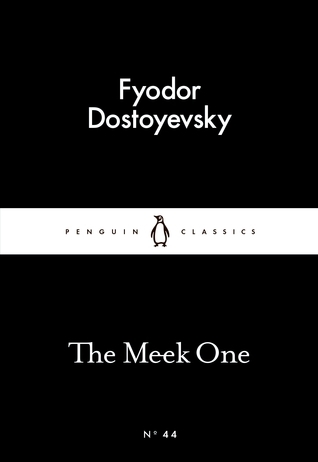Gender role reversal in Dostoevsky’s “The Meek One”
Keywords:
Gender roles, role reversal, Dostoevsky, The Meek One, gender studies, literary analysis, tragedyAbstract
This research investigates the shifting of gender roles in Fyodor Dostoevsky’s short story The Meek One, focusing on how these shifts contribute to the ultimate tragedy of the characters. Traditional gender expectations typically assign authority, dominance, and emotional restraint to men, while associating passivity, submissiveness, and emotional expression with women. However, this study explores how Dostoevsky reverses these roles, portraying the male protagonist as emotionally unstable, insecure, and obsessively controlling, while the female character, though silent and meek in appearance, exhibits emotional resilience, psychological strength, and moral superiority. The research draws upon existing literary and gender studies, incorporating a multidisciplinary approach to better understand how literary narratives reflect and challenge established gender norms. A significant part of the theoretical framework is informed by Copenhaver's dissertation, which provides valuable insights into the gender dynamics present in 19th-century Russian literature. Through close textual analysis, this study reveals that the inversion of gender roles destabilizes the relationship between the characters, creating a power imbalance that intensifies emotional alienation and leads to the eventual demise of the female character. Thus, the tragedy in The Meek One is not merely personal but rooted in a broader conflict of reversed roles and societal expectations. By examining this complex interaction, the study contributes to a more nuanced understanding of gender in literature and bridges the gap between literary criticism and gender theory.
References

Published
Issue
Section
License
Copyright (c) 2025 Zain Hashmi (Author)

This work is licensed under a Creative Commons Attribution-NonCommercial-NoDerivatives 4.0 International License.




